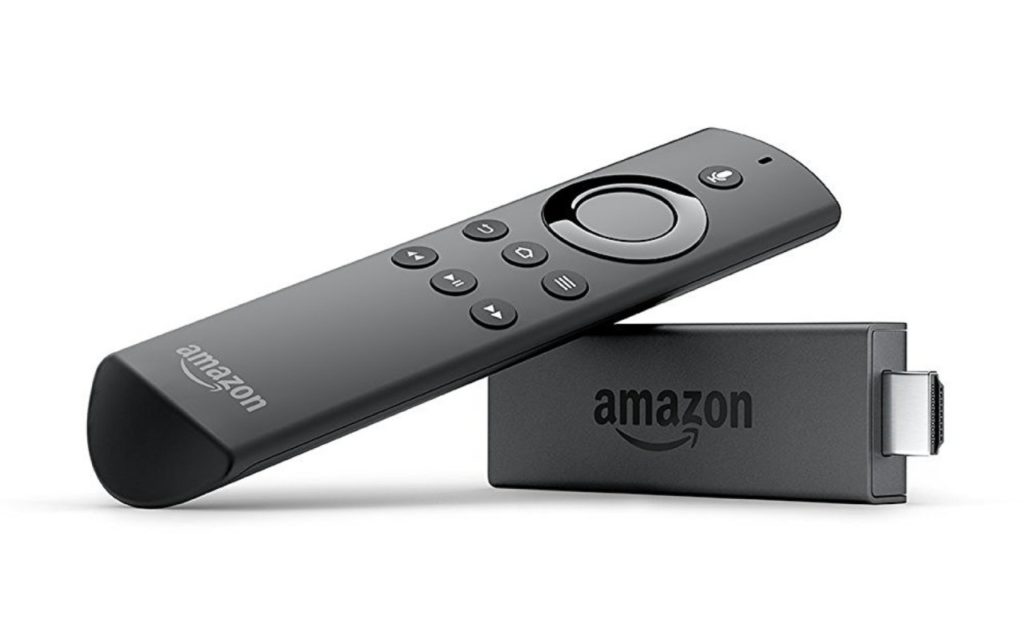We are aware of the fact that at least some electronic devices which include home appliances have been proven guilty of surveilling people around them. According to new study originating from Princeton University, smart TV boxes which are found in most houses in countries like the U.S are no exception.
 Arvind Narayanan who is associate professor of computer science at Princeton University wrote a mail to TheVerge stating:
Arvind Narayanan who is associate professor of computer science at Princeton University wrote a mail to TheVerge stating:
If you use a device such as Roku and Amazon Fire TV, there are numerous companies that can build up a fairly comprehensive picture of what you’re watching
There’s very little oversight or awareness of their practices, including where that data is being sold.
Clearly, the sale of user data is one major reason these TV boxes have gotten cheaper over the last few years. For reference, Roku is able to sell its TV box for as less as $ 200 only because the device is subsidized by money generated from targeted advertisements. Most of us are unaware, we agree to this while signing up for the contract as these terms are buried in lengthy privacy policies that most of us are never bothered to read.
Like other publishers, smart TV app developers can use Google’s ad services to show ads against their content, and we’ve helped design industry guidelines for this that enable a privacy-safe experience for users
Depending on the user’s preferences, the developer may share data with Google that’s similar to data used for ads in mobile apps or on the web
Although it is possible to turn off personalised advertisements on these TV boxes, this would only stop a user’s advertising ID from being tracked. Other details like the device serial number, Wi-Fi network could still be tracked which can be used to pinpoint the user making the opt-out option somewhat irrelevant.
Similar to TV boxes, smartphone manufacturers are often observed serving advertisements on their devices which allows them to price their offerings a little lower.
What are your thoughts on targeted ads as a means of revenue? Do you support this, as it often makes a given service or product more affordable for consumers or are you willing to retain your privacy by shelling out money from your pocket? Let us know in the comments below.
(via)
UP NEXT: Blackview BV9800 Series with Thermal Imaging Camera kicks off on Kickstarter with super deals







